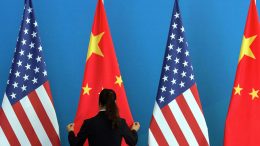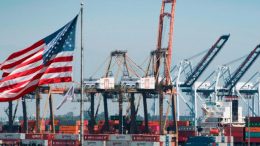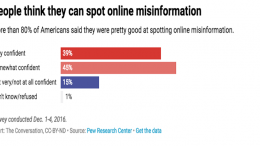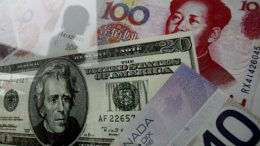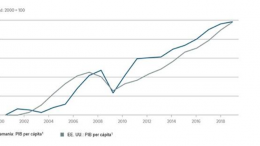Subprime risks are back
DWS | Once again, strange things begin to happen in the subprime (that is, higher risk) segment of the US consumer loan market. We can see it, without going any further, in the delinquency rates of credit card balances held by thousands of small US commercial banks. Since autumn 2016, the percentage of delinquent loans (defined as loans with overdue balances for thirty days or more that continue to accrue interest) among these banks has doubled to approximately 6%, a figure higher than the levels reached during the financial crisis 2008. On the contrary, the loan books linked to credit cards of the one hundred largest banks are much more healthy.



